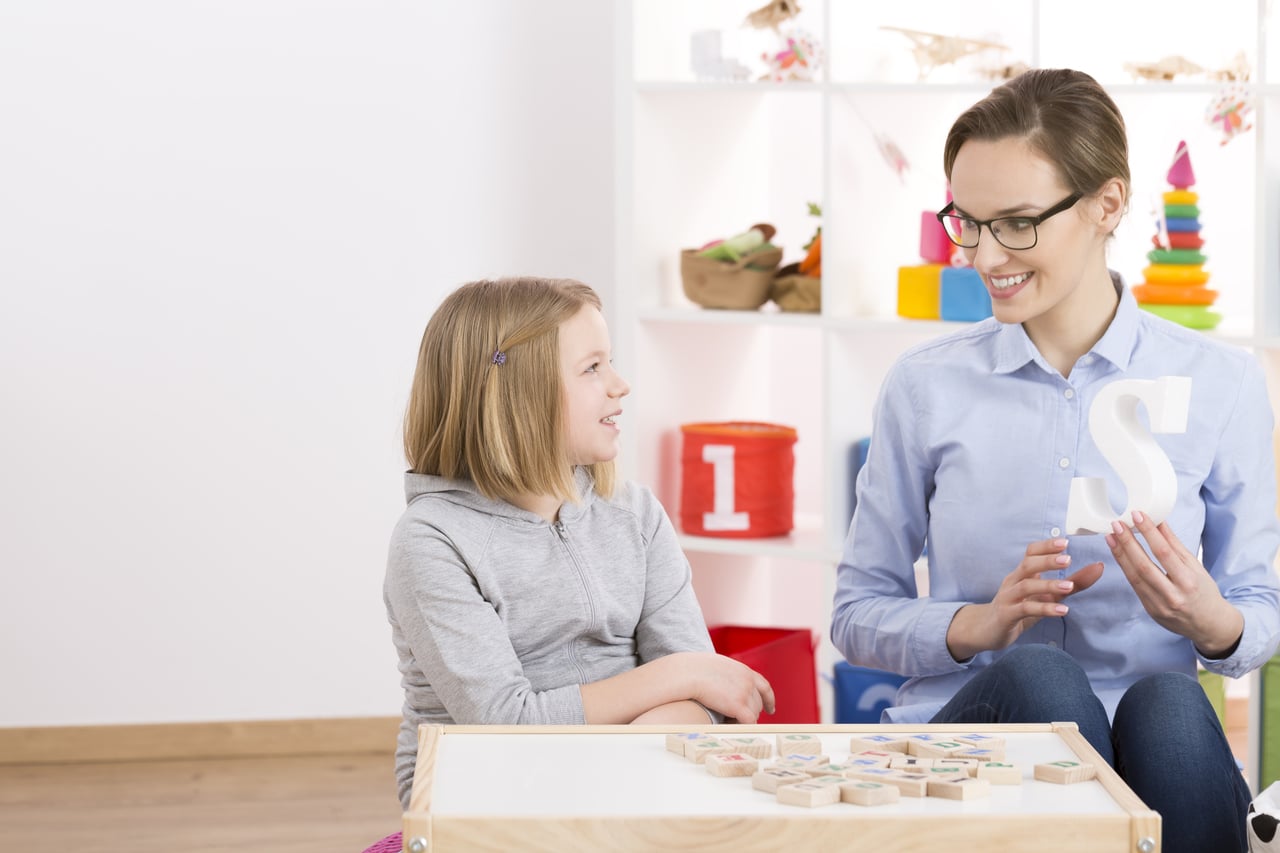Speech therapy exercises are activities and techniques prescribed by a speech-language pathologist (SLP) focused on improving a child’s sleep and language development. If your child has speech and language developmental disorders, your pediatrician will recommend speech therapy.
Several factors can affect your child’s speech and language development including:
- Hearing impairments
- Stuttering
- Resonance disorders
- Down Syndrome
- Selective mutism
- Oral impairments
- Autism
- Developmental language disorder.
Speech therapy helps a child learn sound production, comprehension, clarity, and expression.

In This Article
Speech therapy exercises
Speech therapy exercises are recommended according to whether your child has a speech delay, a language delay, or both. When a child has a speech delay, they are unable to make sounds, say simple words, struggle with voice or resonance or struggle to speak.
A child with a language delay, on the other hand, is unable to understand what others say or they are unable to share their thoughts, ideas, and feelings. Speech therapy exercises can be done with an SLP or in the comfort of your home.
Understanding the specific needs of your child – whether it’s a speech delay, a language delay, or a combination of both – is crucial in tailoring effective speech therapy exercises. A skilled Speech-Language Pathologist (SLP) can provide specialized guidance, but you can also supplement these sessions with speech therapy exercises at home. To create an engaging and supportive environment, consider incorporating interactive speech therapy games for kids, that will make learning fun, but also help reinforce speech and language skills in a playful manner.
Speech therapy apps
Technology has come a long way and you can find an app for anything, including speech therapy. Different speech therapy apps offer various activities for children and are beneficial to especially those who struggle with conventional speech therapy activities. If your child is struggling to pay attention during a speech therapy session, an app may come in handy. You can use apps such as
- Articulation Station. As the name suggests, this app helps a child practice articulation on word, phrase, sentence, and story levels.
- Speech Blubs. This is an articulation app with over 1,500 activities on speech sounds.
- LAMP Words for Life. This app uses the Language Acquisition through Motor Planning method to train children how to communicate their wants and needs.
- Otsimo is an app that helps children understand what goes on in their mouths as they speak. The activities have been designed by speech therapists and are geared toward children struggling with language development.

Tongue exercises
The tongue is an important player in speech and language. Your tongue has to move a certain way for sound to come out correctly. Your child may have difficulties with speech if they have low muscle strength or lack oral coordination. If this is the case, tongue exercises will teach them how to produce speech sounds or articulate. Such exercises include:
- Tongue push-ups. Ask the child to hold a grape or raisin at the top of their mouth with their tongue for a few seconds.
- Tongue extensions. Have your child protrude the tongue straight between the lips for 3-5 seconds. Have them repeat the exercise at least five times.
- Tongue twisters. Practice with your child tip sounds such as ‘t-t-t-t’ or ‘d-d-d-d’.
- Ask your child to blow cotton balls, bubbles through a straw, or feathers.
Speech therapy games
Games are a fantastic way to engage a child in an activity they would normally find boring or mundane. There are several games geared toward speech and language development for children with speech delays.
- Frog hop. In this game, select up to six words that you would like your child to learn and place them in large enough clear plastic protector paper. Use these as lily pads that the child (the frog) will hop to when they say the word correctly.
- The sorting game. Place cards or actual items such as fruits and ask the child to sort them according to a specific category, such as taste or color.
- Board games. Games such as Guess Who? are a great way to teach a child how to identify various objects.
Flashcards
Flash cards are cards with information used in learning. Speech therapy flashcards help a child practice sounds they are struggling with. The flashcards contain engaging pictures with the sounds the child needs to learn. One way to use flashcards is together with the item the flash card represents. For example, if the flashcard shows a banana, the banana should be there so that the child can make a connection.
Flash cards can be quite boring for children who struggle with them. To make this activity more fun, you can add music or give a reward when the child gets the sound correct.
Mirror exercises
Mirror exercises in speech therapy are mainly used for children who struggle with articulation problems. They do not understand how to move their mouths as they talk. To use this activity, sit together with the child in front of a mirror and model how to speak a word. The mirror will provide visual feedback and help the child know their mouth moves as they speak a certain word. This method also helps children who have difficulty with specific sounds.
Songs and Rhymes
Songs are a great way to help our child learn new words. This is a fun way to spend time with your child. In addition, many songs have repetitive words or sounds that can teach children different words.
In summary
Most speech therapy activities can be done at home by a parent or guardian. Therefore, if your child has a speech or language developmental problem, the exercises above are a great place to start. Above all, talk to your child during your day-to-day routine with no distractions. This will help them not only learn different words but also when and how to use them.











